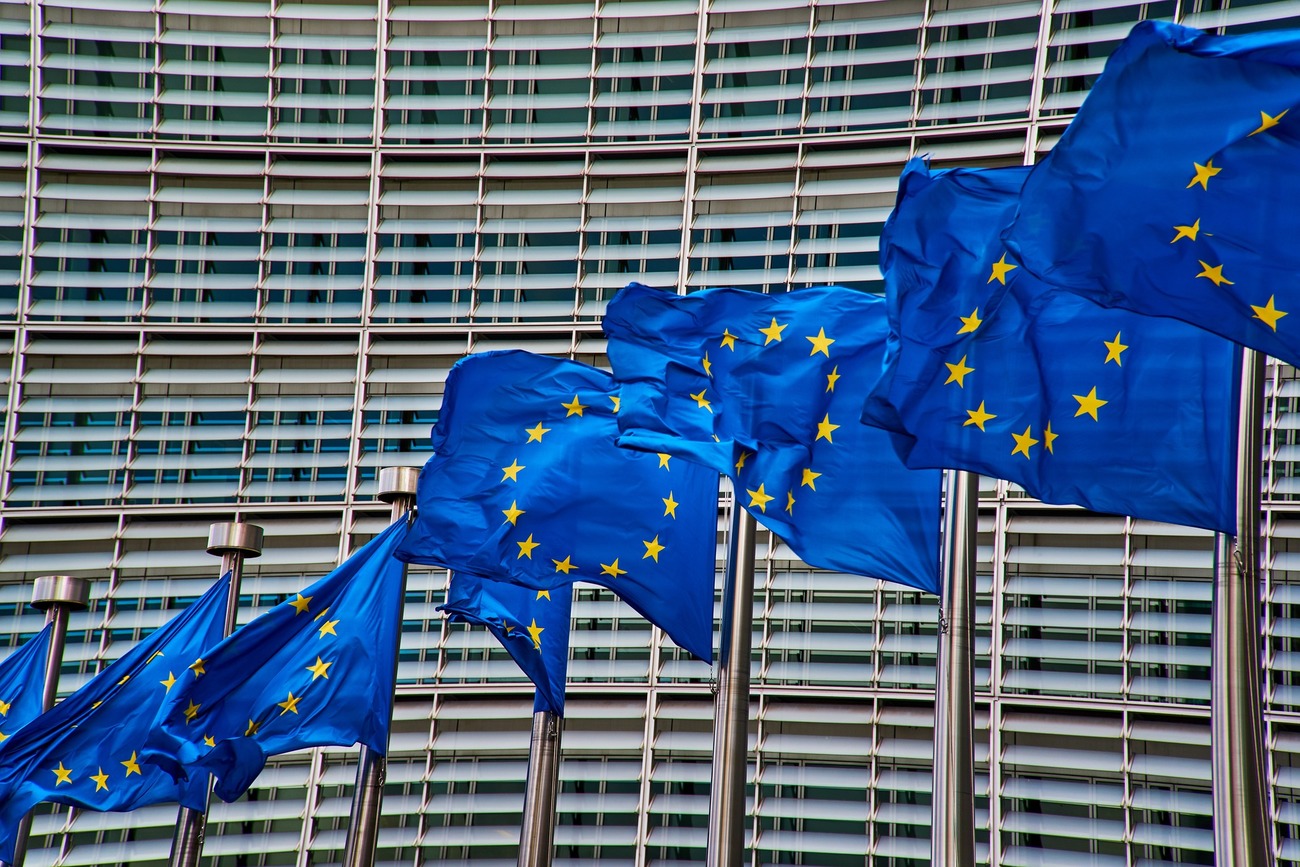Wildlife Crime Prevention - Europe
The European Union is widely considered to be the third largest destination for illegal wildlifethe EU launches new Action Plan to fight wildlife trafficking
the EU launches new Action Plan to fight wildlife trafficking

(Brussels, Belgium – 10 November 2022) – Ambitious actions are a key feature of the new Action Plan against Wildlife Trafficking (WTAP) launched by the European Commission today.
Over the last two years, IFAW (International Fund for Animal Welfare) has campaigned for a renewed EU Action Plan, addressing the shortcomings identified by the evaluation of the previous one which was introduced in 2016.
“Stricter regulation of the legal trade in wildlife within the EU is urgently needed to close loopholes in the existing legislation by applying a precautionary approach”, says Ilaria Di Silvestre, Head of EU Policy and Campaigns at IFAW. “We warmly welcome the Commission’s commitment to assess the feasibility of new tools to better regulate wildlife trade including a positive list for exotic pets, and closing a loophole to criminalise all trade of illegally sourced wildlife, respecting national and international laws in source, transit and consumer nations”.
The 2016 Action Plan created a strong framework for European countries to step up their role in this global fight. Despite good progress made during the five years of implementation, wildlife trafficking continues to put species at risk of extinction, still contributes to ecosystem decline and biodiversity loss, and threatens national, regional and global security.
As with the previous Action Plan, the new WTAP ensures action among the players (Commission, Member States, Europol, Eurojust, civil society organisations, etc.) that are vital to successfully address illegal wildlife trade within and outside of the EU. The five-year (2022-2027) action plan has four priorities: prevention, enforcement, and strengthening global partnerships, as well as a new priority area of action — the strengthening of the legal EU framework, which was strongly suggested by IFAW.
Other key aspects of the Action Plan include the implementation of well-targeted demand reduction activities focusing on consumers’ behaviour change, the monitoring of the implementation and effectiveness of the new EU rules on ivory trade, and additional efforts to fight wildlife cybercrime. In line with IFAW’s calls, the latter will also be addressed through dedicated guidance on online wildlife trade under the new Digital Services Act, specific training for enforcement agencies, and engagement with the Coalition to End Wildlife Trafficking Online, launched in 2018 by IFAW , WWF and TRAFFIC.
“IFAW welcomes the inclusion of innovative actions such as increased efforts to effectively reintroduce seized live specimens to the wild and the strengthening of international partnerships,” Staci McLennan, IFAW Director of Policy – Europe, says. “Importantly, a reporting, monitoring and evaluation framework, absent from the previous WTAP has been included. However, this needs to be better defined and implemented on a continuous basis. Perhaps most crucial, the budget necessary for the effective implementation of the WTAP’s actions needs to be made available by the Commission and Member States”.
IFAW is looking forward to engaging with those involved in the implementation of the WTAP, including the local communities addressed by the EU NaturaAfrica initiative.
ENDS
Press Contact:
Benjamin Wiacek
Communications Manager
m: 0472 17 15 81
e: bwiacek@ifaw.org
Related content
every problem has a solution, every solution needs support.
The problems we face are urgent, complicated, and resistant to change. Real solutions demand creativity, hard work, and involvement from people like you.